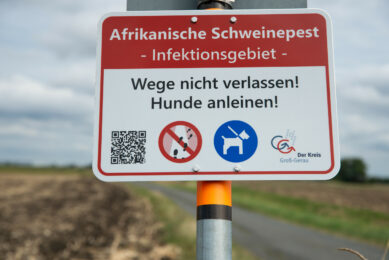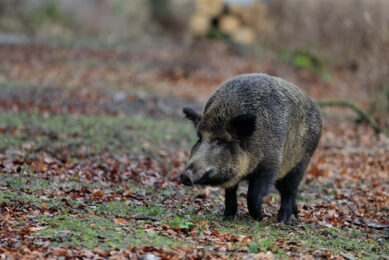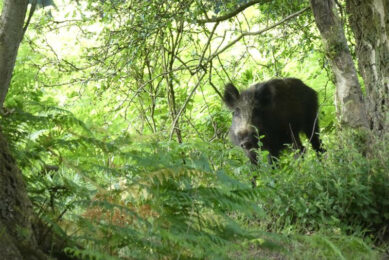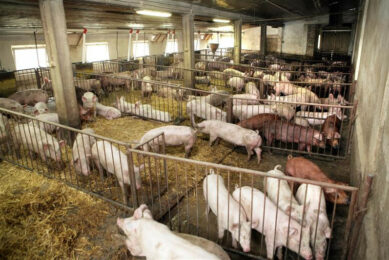Where are we with a vaccine for ASFv?
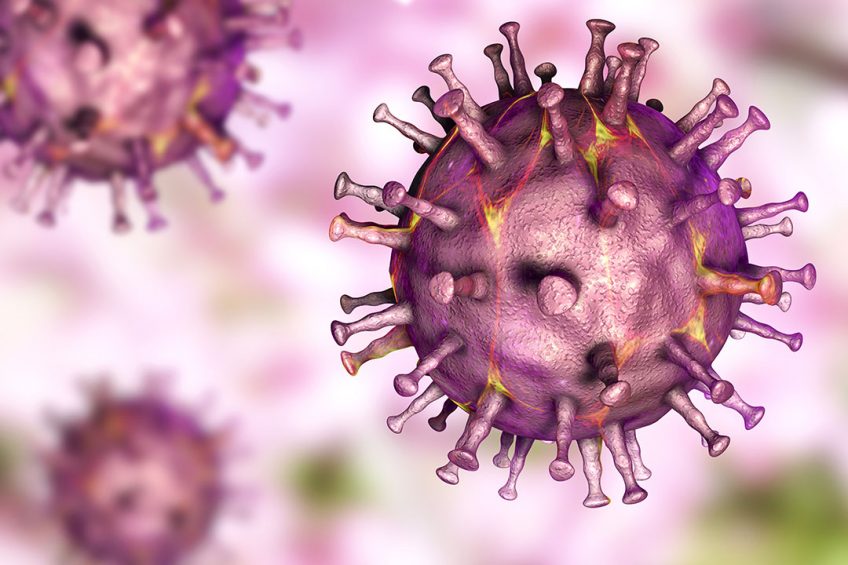
Around the world, various institutes and companies are working towards a vaccine to control African Swine Fever. Some are promising, for example a recent report showed promising preliminary tests by the Plum Island Animal Disease Center in the USA. So what is being done worldwide?
ASFv is a large and complex DNA virus (~170-190 kbp) encoding for about 150 proteins, with 23 genotypes identified thus far. The Georgia 2007 strain, a member of ASFv genotype II, is highly virulent and has been the focus of laboratories around the world actively investigating the molecular pathology of ASFv with the intent of developing a vaccine.
Research at Pirbright Institute
The work of Dr Linda Dixon’s laboratory at the Pirbright Institute in the United Kingdom has focused on determining which of the ASFv proteins are essential for immunological protection by measuring the T-cell response to the viral proteins. T-cells, specifically cytotoxic T lymphocytes (CTLs), are key players in cellular immunity and are critical in defending against a viral challenge by recognising, attacking, and killing virally-infected cells. Recent work has examined small amino acid sequences (referred to as peptides) from each of 133 ASFv proteins to identify the most antigenic proteins and peptide sequences within. These results have demonstrated that ASFv-specific immune responses, both cellular (CTLs) and humoral (B-cells or antibody-mediated), are increased to a select group of these peptides. When the genes encoding these peptides were expressed by viral vectors and injected into pigs, viraemia (i.e., the amount of virus in the blood) was reduced significantly in pigs following a challenge with ASFv. Possible future directions may include delivering these peptides in combination with other molecules that can boost the immune response (adjuvants) to protect animals from disease. An important consideration for any peptide-based vaccine to work effectively is to administer only those peptides that will be correctly processed by the immune system based on the animal’s major histocompatibility loci (MHC; akin to tissue typing). On a positive note, the pig MHC loci, referred to as Swine Leukocyte Antigens (SLA), have been thoroughly documented and are available through various free-access Internet databases.

Track the movement of African Swine Fever
For everything you need to know about ASF, from the latest outbreaks to controls stay up to-date…
Killed or inactivated ASFv
In the past, various research groups have used killed/inactivated ASFv as the immunogen, but this format did not protect animals from ASFv challenges. More recently, trials with live attenuated virus have been performed. Although antibodies were induced, they did not protect the animals from infection and disease. In addition, there are always concerns using attenuated whole virus, as genetic rearrangements may restore their virulence.

Dr Borca and Dr Gladue at the Plum Island Animal Disease Center in New York are developing genetically modified ASFv that lacks certain genes so that reversion to a virulent form is not possible. In early experiments, vaccination with these modified viruses proved effective against a ASFv challenge.

Interview with Dr Douglas Gladue
“Our results with our new experimental vaccine ASFv-G-ΔI177L have been very promising, and has characteristics that experimentally outperform our previously discovered vaccine candidates.”
Dr Yolanda Revilla and others at the Severo Ochoa Molecular Biology Center in Madrid, Spain, are working to identify which of ASFv’s, about 150 proteins are important for virulence, research that could lead to the development of a subunit vaccine, i.e. a vaccine to one or more specific proteins that could confer immunity to infection via neutralising antibodies.
Dr Juergen Richt and his colleagues at Kansas State University (KSU) are also focused on determining the appropriate combinations of ASFv proteins and how best to deliver them for a safe and effective vaccine.
Company attempts to control ASF
If there are for-profit companies working on developing a vaccine to ASFv, they are keeping a low profile.
Flow Pharma is developing a 100% synthetic vaccine containing peptides, specifically class 1 and class 2 epitopes, that represent various ASFv proteins. The company believes that the key to generating protective immunity is not only what is delivered but how it is delivered soh that the immune system has the best chance of responding. And while peptides have been studied as vaccines for many years, the literature is replete with failures. This is because most peptides by themselves are not immunogenic enough to stimulate an immune response.
The delivery system uses peptides and adjuvants encapsulated in PLGA microparticles of a specific size to target macrophages and other antigen presenting cells. The company is in the process of identifying reactive class 1 and class 2 epitopes so that a protective challenge study of ASFv in pigs can be performed in the very near future.
Co-author: Vincent ter Beek



